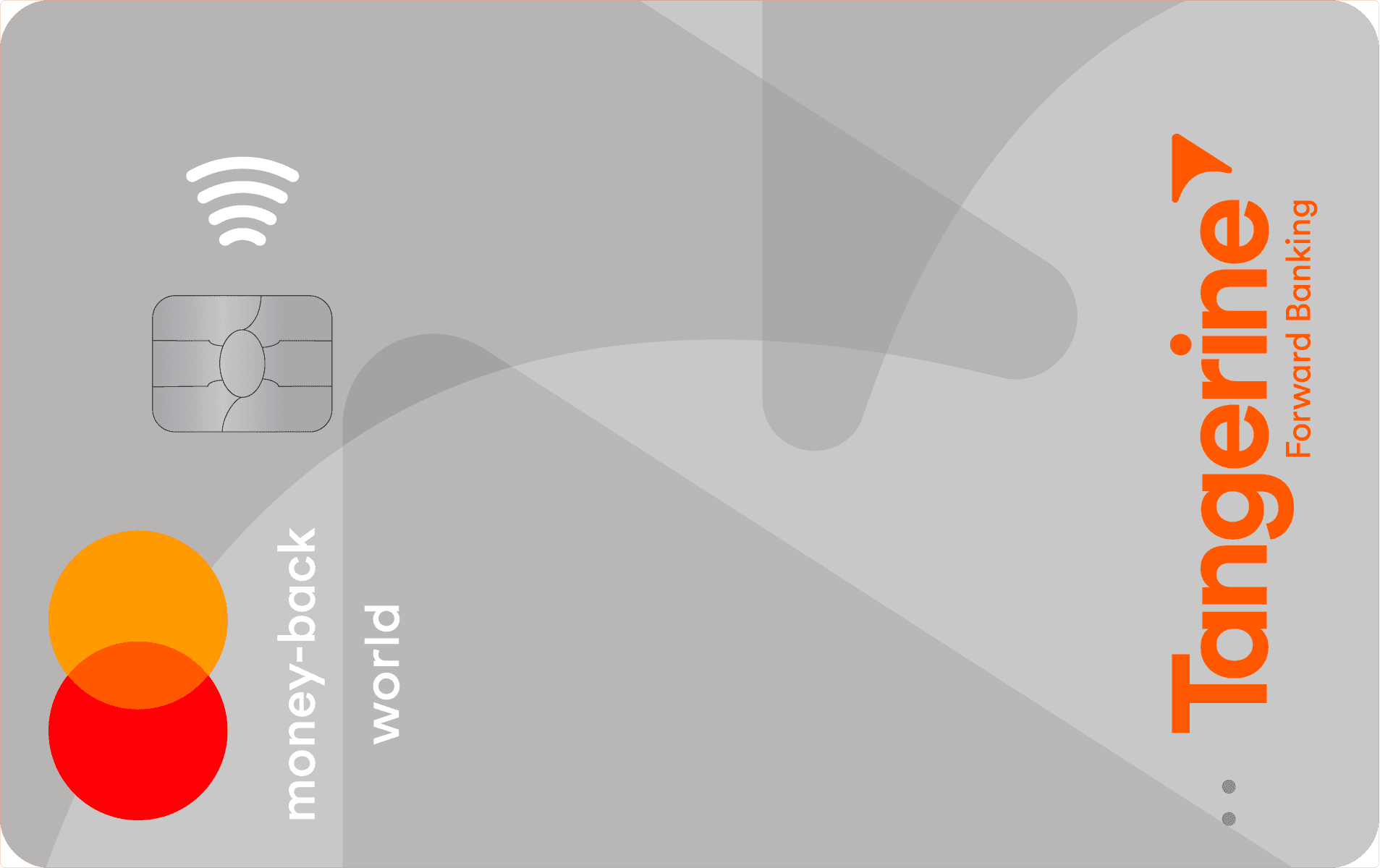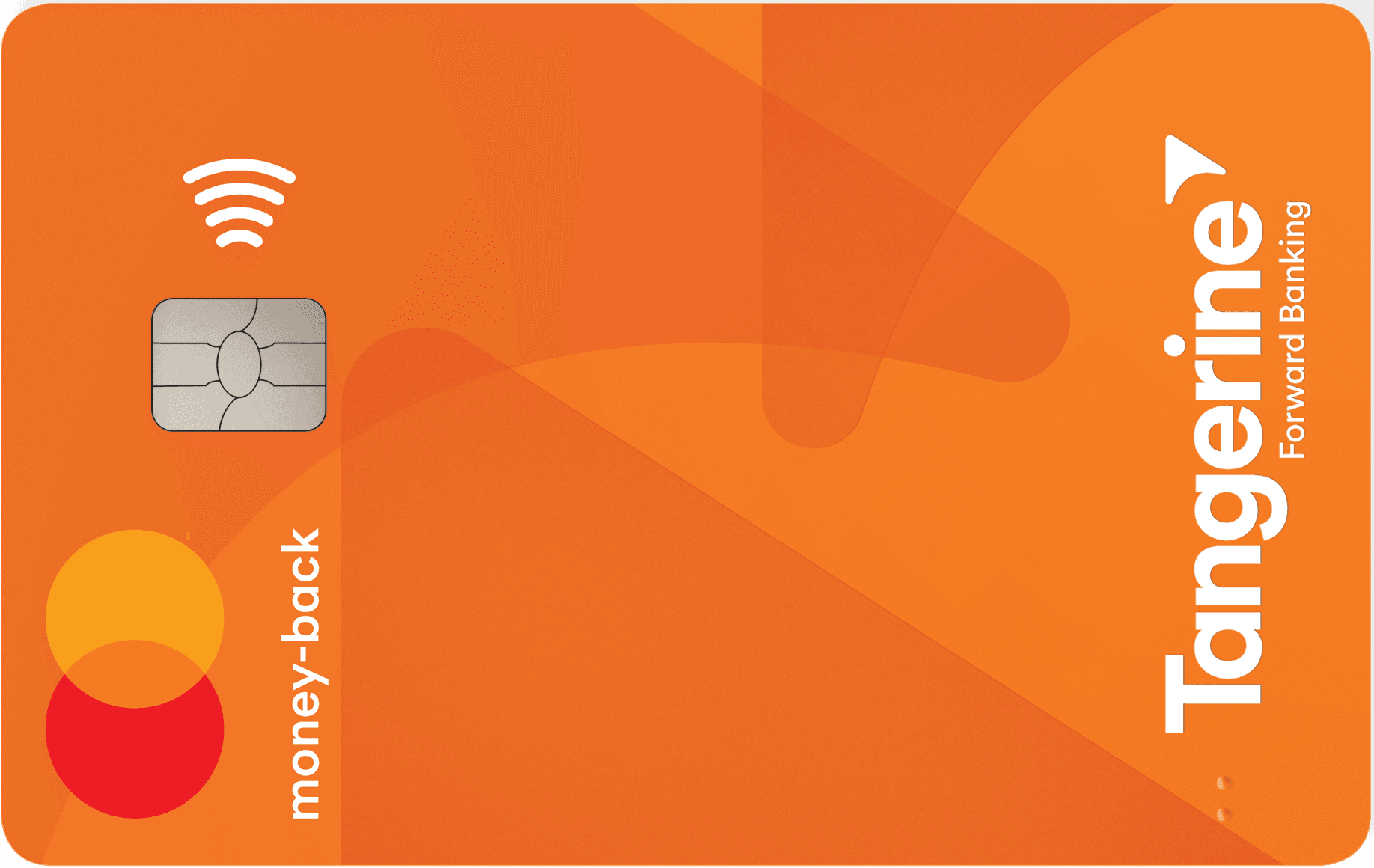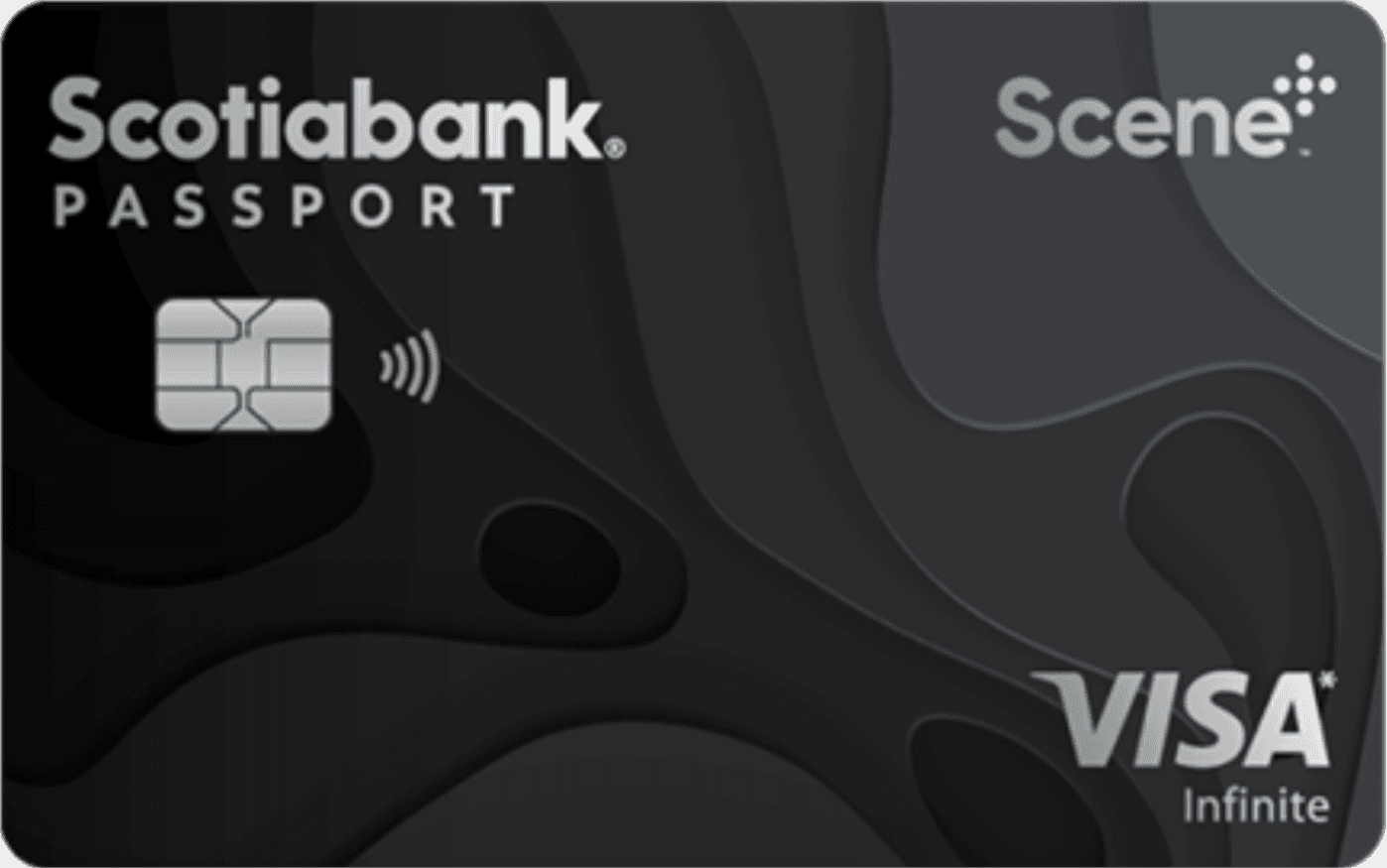Working hard in the background...
How Many Credit Cards Should Canadians Have?
Published Jan 4, 2026 6:32 PM • 5 min read
Owning multiple credit cards—typically 3 to 5—is a smart strategy for Canadians when managed responsibly, as it allows you to maximize rewards across different spending categories like groceries, travel, gas, dining, and online shopping.
The key is to follow best practices: keep your credit utilization below 30%, pay off your balance in full every month, avoid cash advances, keep old accounts open, and space out new applications to protect your credit score and manage multiple credit cards effectively. Just be sure to track your balances and due dates, and automate payments to enjoy the full benefits without the financial pitfalls.
Below we will explain on the different strategies you can use and how to determine the correct number that works for you.
Different Strategies to Answer: How Many Credit Cards Should You Have in Canada?
The answer to this question isn't one-size-fits-all—it depends on your financial habits, goals, and how well you can manage multiple cards. Here are three helpful ways to think about it:
1. The Simple Answer: 2–3 Cards for Most People
If you want to keep things straightforward, 2 to 3 credit cards is a solid range for most Canadians. With this setup, you can:
- Use one primary card for everyday purchases. Typically you want to use a card that gives you the maximum possilbe rewards as your primary card by comparing credit cards available in Canada. You can choose a primary card from one of the best credit cards in Canada.
- Have a second card for backup or travel
- Possibly use a third for specific reward categories (e.g., gas, groceries)
This gives you the flexibility to earn rewards without making your finances harder to manage.
2. The Optimizer’s Approach: 4–5 Cards to Maximize Rewards
If you’re looking to get the most value out of every dollar you spend, having 4 to 5 credit cards allows you to strategically optimize rewards across different spending categories. This setup works best for people who are organized, budget-conscious, and already pay off their balances in full each month. When using this strategy it's usually best to have a card with an annual fee and then the rest of your cards would be without annual fee to keep your costs lower.
How You Can Maximize Rewards:
- Category Specialization: Use different cards that offer high rewards for specific categories. For example, use one of the best credit cards for gas for gas purchases, a best grocery credit card for groceries, and a dedicated card for each category where you spend the most.
- Welcome Bonuses: Cycle through cards from the best signup bonus credit cards in Canada. For instance, if a card offers a $300 bonus for spending $2,000 in 3 months, and you were planning to spend that anyway, that’s pure value.
- Foreign Transactions: Use a no-foreign-transaction-fee card for travel or online purchases in foreign currencies.
By assigning each card to a category where it performs best, you can maximize your cashback or points across all your regular spending, easily earning hundreds of dollars per year.
3. The Credit Builder’s Perspective: Start with 1, Grow Slowly
If you're new to credit or rebuilding your credit score, start with one card from one of the best credit building credit cards. Use it responsibly, and gradually add more as your confidence and creditworthiness grow. This method helps you: Build a solid payment history
- Avoid overspending or missed payments
- Learn how to manage credit without getting overwhelmed
Once you're comfortable, you can add cards one at a time—ideally spaced out over several months to protect your credit score.
Read More: How to choose your second credit card
5 Credit Card Best Practices
In Canada, credit bureaus like Equifax and TransUnion consider factors such as credit utilization, payment history, and account age when evaluating how multiple credit cards affect your credit score.
1. Do Not Max Out Any of Your Credit Cards
This is so that your credit utilization ratio remains below the recommended 30% threshold.
Essentially, if you have a credit card with a limit of $3000 and spend around $2700 on average per month, you're using up 90% of your available credit. And It will impact your credit score... negatively.
Instead you could spread your $2700 monthly spending across multiple credit cards and avoid maxing out a single credit card. That will help you maintain an excellent credit score while using credit cards effectively!
2. Never Spend More Than You Can Pay for
If you find yourself struggling to pay down the full credit card amount each month, owning multiple credit cards can further impact your credit score. Your payment history has a whopping 35% weight in determining your credit score. That means every monthly payment you miss will contribute to bringing down a larger portion of your credit score. So always make sure to pay off your credit card fully at the end of each month.
Read more: How to Get Out of Credit Card Debt
3. Avoid Cash Advances When Possible
Cash advances come with high fees and high interest rates, and they begin accruing interest immediately.
They are useful in cases of absolute emergencies but should generally be avoided.
4. Do Not Close Old Credit Card Accounts
A long credit history can help improve your credit score, so it's best to keep old credit card accounts open.
The length of your credit history, or the amount of time you have had credit accounts open, is one of the factors that makes up your credit score.
When you close an old credit card account, you shorten your credit history, which can hurt your credit score.
Do you want to show lenders that you are a responsible borrower?
Having a longer credit history and track record of responsible credit card usage will definitely help with that.
5. Do Not Open Too Many New Credit Cards at Once
Every time you apply for a new credit card, it generates a "hard inquiry" on your credit report, which can lower your credit score by a few points.
Having a lot of new credit accounts open at the same time can be seen as a red flag by lenders and indicate that you may be taking on too much debt or have difficulty managing your finances.
It's safe to say that too many credit cards can also make it harder for you to keep track of your spending and make payments on time.
The bottom line
So, how many credit cards should you have? The ideal number depends on your spending habits, but for most people, having four to five well-chosen credit cards is enough to cover all major spending categories and maximize rewards.
The real benefit of owning multiple cards comes from using each one strategically. By matching your card to specific types of purchases, such as groceries, gas, dining, or travel, you can earn significantly more cashback or points over time.
To make the most of your cards, it's important to stay organized. Keep track of your balances, due dates, and credit limits. Whether you automate your bill payments or prefer to pay manually, choose one consistent day each month to pay off your balances. You can also set up email alerts to remind you when statements are ready.
If you manage your cards responsibly, you can enjoy greater financial flexibility, stronger credit health, and higher savings every year.
Trending Offers

Tangerine® Money-Back World Mastercard®*

Tangerine Money-Back Mastercard

BMO Performance Chequing Account

Scotiabank Passport® Visa Infinite* Card
What's on this Page
About the author

Abid Salahi
Credit Card Expert
Abid leads the design and engineering of the FinlyWealth website, making sure everything runs smoothly and looks great. He’s a seasoned software engineer who follows best practices and designs interfa...
SEE FULL BIOAbout the editor

Kevin Shahnazari
Credit Card Expert
Kevin started FinlyWealth and juggles a bit of everything—digging into data, running our marketing, and keeping the finances on track. Before this, he spent years as a data scientist at tech companies...
SEE FULL BIO